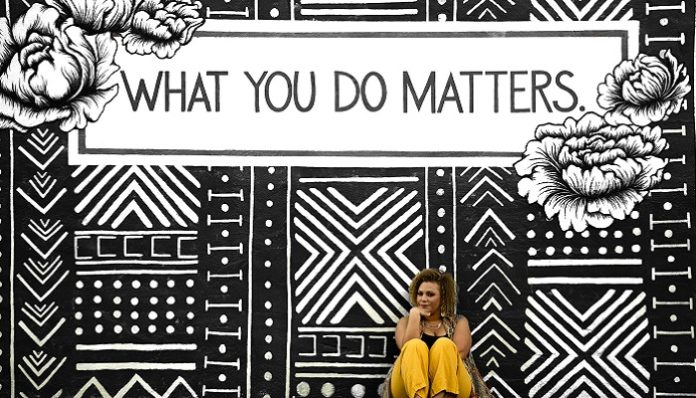
If the title sounds like an oxymoron, you aren’t the only one. How can self-help be toxic? Isn’t it supposed to help us improve and manifest our best selves?
Yes, self-help culture was formed initially to help people in various aspects of their lives quickly and easily. But the thing about self-help is, well, you can’t just dip your toe in — you need to go all the way. And once you start, it’s challenging to pause, let alone stop.
I first got into self-help in 2019 when I had to make a presentation on motivation. For this purpose, I downloaded a bunch of Ted Talks, inspiring speeches, and famous people’s quotes. While my presentation went well, it led me to think that if I started following all these tips and strove for continuous self-improvement, I’d be the intelligent, confident, and successful woman I’d always dreamed of being.
Thus began my journey of listening to podcasts, speeches, and Ted Talks, following motivational accounts on social media, and reading as many self-help articles and books as I could. I was enthusiastic as I felt that I’d become smarter and better than my peers.
While it was somewhat beneficial at first, some changes started taking place soon- negative ones. Instead of becoming more self-assured, I started feeling insecure each time I clicked on or met a successful person. I felt inadequate, wondering if I was doing enough and when I’d be like them. I couldn’t rest even for a minute nor celebrate my successes because I was always planning for the next step in my improvement journey. Gradually, it became more of a compulsive chore than desire, with mediocrity and guilt as the punishment. Neglecting my health, relationships, and worrying each time something went wrong didn’t help either.
Finally, I burned out and fell ill. I just couldn’t take it anymore. Something had got to give. I’d worked so hard at improving myself, only to end up sick and miserable. A quick glance down the internet rabbit hole showed me that I wasn’t the only casualty.
The thing about self-help is that it never ends.
There are always more books and articles to read, more podcasts to listen to, and more speeches to download. So work hard, analyze, and control. Dream big by setting your sights on the horizon. While it’s important to improve yourself and learn from your mistakes, you can’t let them rule your life. Although the journey is the most crucial part of the process, even the most eventful and enjoyable journey is bound to become tiring without an end in sight.
Self-help (combined with hustle culture) has become so popular that most of our media and institutions cash in on it in a bid to entice people and take their money. Unfortunately, it has led to a rise in all kinds of fake gurus, amateurs, scams, and con artists who falsify their expertise and credentials and fleece thousands of bucks from people. Not to mention that so much of their “master advice” is quite generic, inapplicable to people in different situations, and often contradictory.
Self-help culture is a veil between you and all the successful, attractive, smart, and better people you compare yourself to.
But if you don’t know when to stop pulling, you’ll get entangled in it, like a mummy bound up in its bandages. The carrot of ultimate success and supremacy is entirely false because perfection is unattainable. After a while, you’ll start feeling bored with the monotonous advice and become insecure around anyone who is doing better. You’ll be comparing yourself to others, wondering what’s wrong with you. If you don’t allow yourself to breathe and experience feelings of inadequacy and guilt whenever you make a mistake, you’ll burn out.
Once you’ve begun, it’s hard to take a step back. You feel like you’ll be left behind while everyone moves ahead. You know something is wrong if it means you’re neglecting your mental health. It’s also worth mentioning that we’re all unique, and we can’t control everything. We shouldn’t lose ourselves in a bid to become just like our idols. Neither should we blame ourselves for everything like self-help culture asks us to. Not everything is our fault. Sometimes all we can do is deal with the problem, and that’s fine.
I would never discount the value of improvement and progress. It’s necessary to strive to overcome our faults and become better. But like everything else, it’s only beneficial if done within limits. To avail benefits afforded to us by self-help, we also need to highlight its flaws. But if there’s anything to take away, it’s that living, enjoying the moment, and investing in your relationships and community are as important as personal growth and self-improvement.
Featured image via Luke Webb on Pexels


















